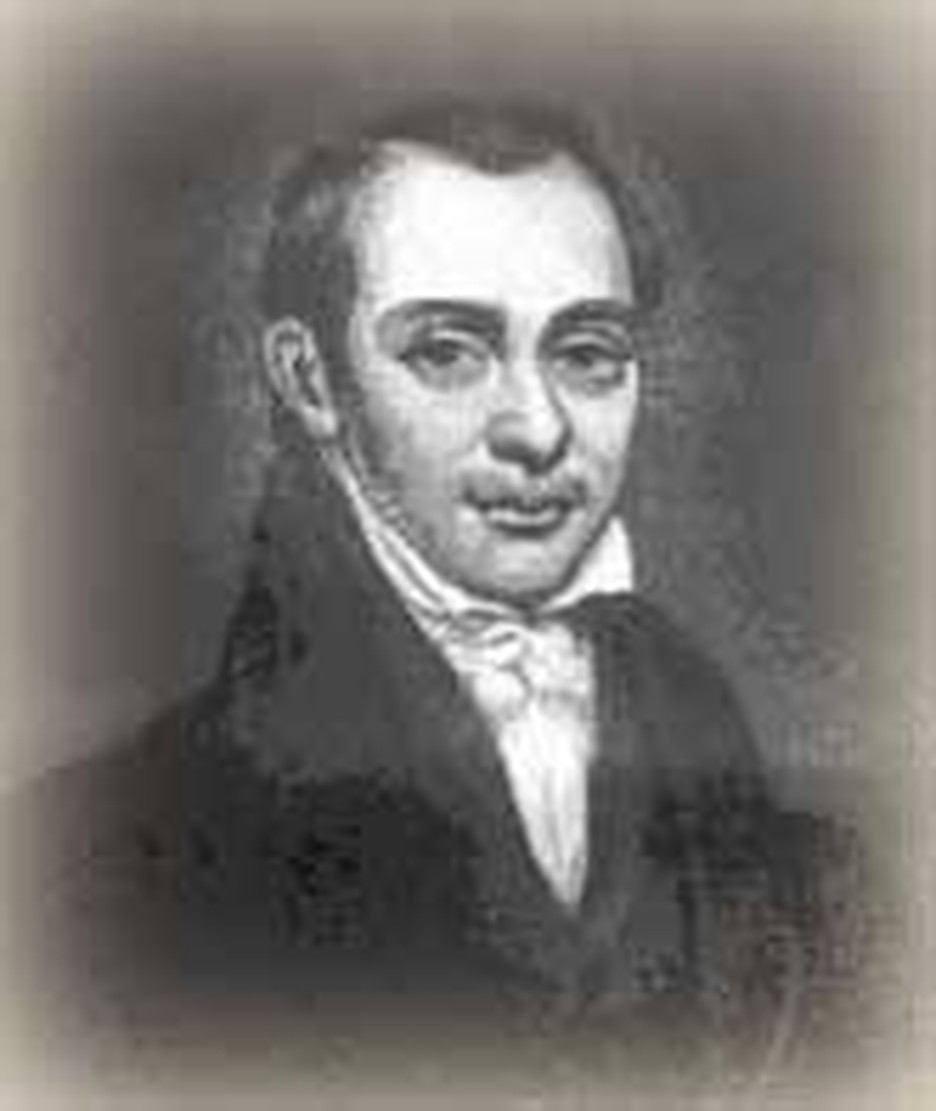
On this day, August 9, 1851, Karl Gutzlaff died in disgrace. In large measure, he had himself to blame, which was a pity, because he had applied genuinely original methods to the problem of evangelizing China. He was one of the first Protestant missionaries to dress like a Chinese. Wherever he went, he made scripture translations.
Karl was a true mission pioneer. For instance, when he arrived in Bangkok, Thailand in 1828, the twenty-five-year-old Lutheran was the first Protestant missionary to reach Thailand. Under the Netherlands Missionary Society, he had already worked for three years among Chinese expatriates who were living in Indonesia and Singapore.
In Thailand, his first effort was to begin translation of the New Testament into Siamese. In 1829, he married Miss Newell, a self-supporting missionary, and the two completed the project together. In the second year of their marriage, his wife and baby daughter died. Karl wandered up the coast of China, handing out Chinese language tracts which had been prepared by another pioneer missionary, Robert Morrison.
At that time, China allowed westerners only into certain port cities. Although Christianity had been introduced into China as early as A.D. 60 and reintroduced in the seventh century, and again by Jesuits in the sixteenth century, almost no Chinese were Christians. Karl looked at the huge land with longing. How could he get the gospel to its people?
Working a secular job by day, he conceived a solution that would enable him to evangelize in his spare time. He would send native Chinese to convert others. They would sell and distribute Chinese New Testaments, too. In 1844, he founded an institute to train Chinese Christian workers. It was a great idea, and if Karl had found some way of overseeing the 300 Chinese he sent out as missionaries, it might have succeeded.
The evangelists came back with glowing reports and wonderful statistics. Sometime in the late 1840s Karl enthusiastically reported 2,781 converts and a thousand Testaments distributed. His success made traditional missionaries look bad. But touring Europe in 1848, Karl had a guilty secret. Almost certainly he knew that he was being hoaxed by some of his evangelists. Afraid of losing funding, he kept quiet. But missionaries in Hong Kong had had enough. They sent a report of their investigations to Europe.
Although some of Karl's missionaries were genuine converts, the majority proved to be opium addicts who never traveled to the places they claimed. Eager for easy money, they simply made up their reports and sold the Testaments back to the printer who resold them to Karl. Some even used the mission as cover for opium sales. This and Karl's participation in the Opium Wars and the treaty which forced China to give up Hong Kong made his name loathed in China.
Shattered by exposure, Karl returned to China where he died shortly afterward in 1851. However, the Chinese Evangelization Society which he formed lived on to send out Hudson Taylor who founded the successful China Inland Mission. Hudson Taylor called Karl the grandfather of the China Inland Mission.
Bibliography:
- "Christianity in China." The Illuminated Lantern. https://www.illuminatedlantern.com/cinema/ features/christianity.html
- "Gutzlaff, Karl Freidrich August." Anderson, Gerald H. Biographical Dictionary of Christian Missions. New York: Macmillan Reference USA ; London : Simon & Schuster and Prentice Hall International, 1998.
- "Gutzlaff, Karl Friedrich August." Evangelical Dictionary of World Missions. Grand Rapids, Michigan: Baker Books, 2000.
- "Gutzlaff, Karl Freidrich August." Encyclopedia Britannica. Britannica, 1911.
- Miller, Kevin D. "Gritty Pioneers; six missionaries whose tenacity changed China." https://www.christianitytoday.com/ch/52h/52h034.html
Last updated July, 2007

_639003522088907085.jpg)
